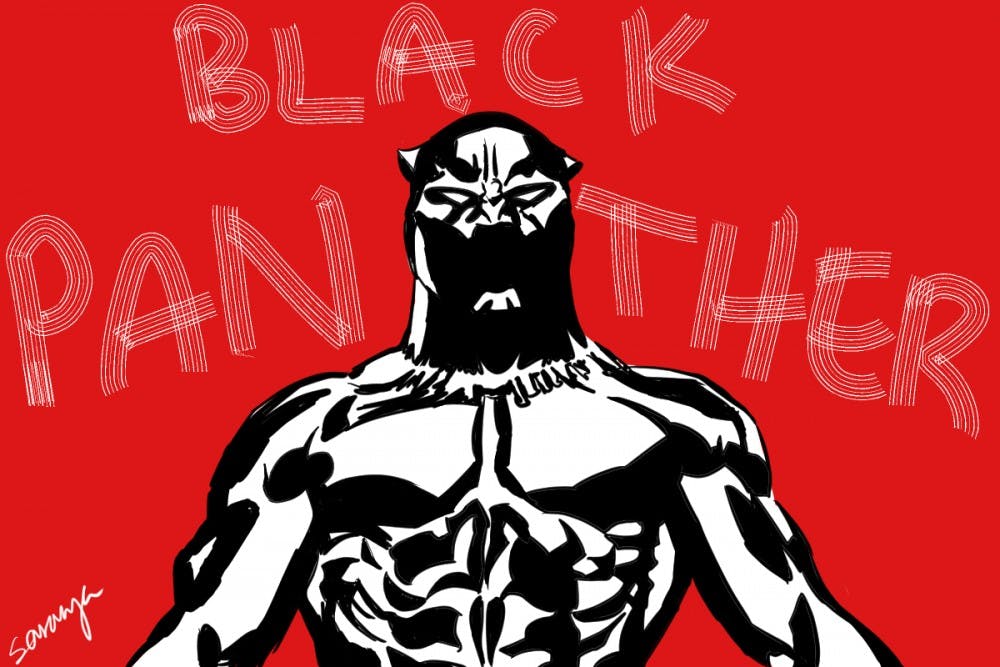sFor the past decade, the age–old question that haunts blockbuster moviegoers is, “Marvel or DC?" The entertainment companies have been in staunch competition since they were both founded in the 1930s, but wasn’t until the mid–2000s that comics had a revival through the ever–changing film industry. With this, however, the artistry and creativity of the comics themselves were lost in translation. The superhero film, now solidified as a genre, has deteriorated its source material.
Much of the issue begins in the studios’ desire to produce too many films with little care for quality. Marvel has produced 20 films in its cinematic universe since 2008, and DC, in a valiant attempt to catch up, has 12 slated through 2021. It makes sense for DC to plan multiple movies at once to ride the wave of fame that superheroes are receiving, yet the time and energy put into these films decreases with each new announcement. Both studios, likely aware of their competition, are struggling in a rat race with no end in sight.
The problem of excessive production is reflected in the number of times actors have been replaced in a single role. Modern audiences have seen three separate actors play Spiderman within ten years and two separate actors play Batman in the past six years. The franchises run through actors at an unsustainable rate. Why should we commit to these characters if the actors won't?
Signs of overproduction can also be seen in the fact that the films have no real individuality. Cutting between two modern DC movies and two Marvel movies shows almost no difference. The editing style, sound effects, music, and cinematography have no artistry in them. It doesn't matter that these films have a homogeneous, unspecified style because they are still making so much money at the box office. Avengers: Infinity War has the highest first–weekend box office of all time.
If the films are attempting to create intense and colorful action sequences, then they've hit the mark. But if they're attempting to pay homage to the original characters, then, unfortunately, they've fallen short. The issue is not just that all superhero films read the same—it is that the style loses sight of the comic books. Comics are pieces of artwork at their best, complete with beautiful illustrations and careful dialogue, like in the acclaimed Batman story, The Killing Joke. The movies flatten the complexity of the characters with cheap sound effects, saturated style, and repetitive cinematography.
The problem lies beyond the quantity versus quality problem—it's also in the choice of directors. The best directors leave a mark on their films, making them feel distinct and poignant. One can spot a Wes Anderson film from a mile away, but most of the productions of Marvel and DC have a uniform feeling—from the editing to the cinematography or the sound effects. There is no longer artistry, no longer precision in how these movies are made.
However, this may begin to change. The past two years have seen a relative uptick in how people view Marvel and DC films. Thor: Ragnarok, directed by Taika Waititi, was met with an impressive 92% Rotten Tomatoes rating from critics and 87% from audiences. Black Panther is the first superhero film to ever garner an Oscar nomination for Best Picture, indicating both critical and audience acclaim that Marvel’s films have never reached before.
Why are these films so much better than previous superhero films? It all comes down to their directors. Waititi is an established filmmaker with a distinct style, seen in pieces such as What We Do In the Shadows and Hunt for the Wilderpeople, and Black Panther’s Ryan Coogler had previously helmed the critically beloved Creed. It is these directors—who have a vision and passion, directors who leave marks on their movies—that can make the superhero film unique and passionate. DC, on the other hand, has achieved the peak artistry of the superhero movie in the Dark Knight trilogy directed by Oscar–nominated Christopher Nolan. However, in its attempt to imitate Marvel's fame, DC has lost its grasp on the unique directorial interpretation of popular characters, resulting in its recent films falling from grace.
Maybe the superhero film genre is looking up. While the currently slated sequels will likely be much of the same—the Russo brothers of Marvel, who have helmed much of the Captain America series, are directing the upcoming Avengers: Endgame—there is opportunity for new directors with a vision to create these movies and make them distinct. Coogler is already slated to direct Black Panther’s sequel and Waititi has been in discussions for another Thor. However, these two filmmakers should encourage Marvel and DC to change how they view film—to allow passionate directors to take charge and to make the superhero genre artful again.







